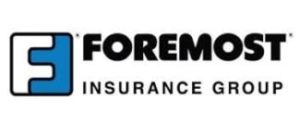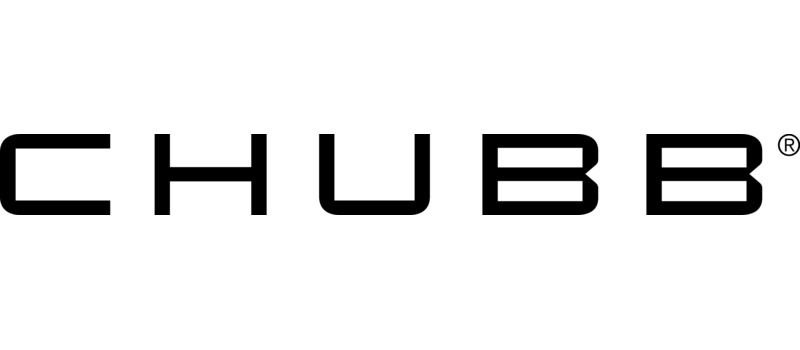If you own a second home or a vacation home, then your insurance needs are vastly different from those who occupy a single home. Weber Insurance Corporation is here to help you understand the many options you to consider when searching for insurance for your second home.
What Coverage Options Are There?
At a minimum, your lender will require that you carry hazard insurance to protect your property against damage from fires, earthquakes or severe storms. It is also a good idea to add liability insurance, which covers you and members of your household for accidental injuries to your visitors. Opting for property plus liability insurance adds up to a standard homeowners insurance package. For an extra layer of protection, a personal umbrella liability policy extends your liability coverage for properties named in the policy.
Dwelling Fire Insurance
Since most homeowner policies require occupancy as a condition of insurance, the fact that you visit infrequently may preclude you from obtaining full homeowners coverage. Dwelling fire insurance is an alternative coverage option utilized in insuring residential rental or non-owner occupancy property, including vacant property.
A dwelling fire policy continues to offer coverage for a home and other structures (e.g., detached sheds or garages) for hazards named in the policy. Named hazards listed in a typical dwelling fire policy protect against damage caused by fire, collapse, lightning strike, wind, hail, explosion, and smoke. For more coverage, consider adding personal property protection and liability insurance to a dwelling fire policy.
Renting Out Your Home to Others?
Whether your second property is an apartment unit or a family home, if you are renting the property, you will have little control over the physical damage that can occur in or on it. To mitigate your risks, tenant-occupied dwelling insurance will cover the costs incurred by damage, including fire, storms, burglary, and vandalism. It does not cover your tenant’s personal property.
Renting your property furnished or unfurnished also has insurance coverage implications. If you are renting your property furnished, make sure to let us know. We can advise you on the best coverage options and whether you need to consider requiring longer-term tenants to carry additional renters insurance.
As with all homeowners insurance, it is important to be sure that there is enough coverage to protect all of your property values and assets when purchasing coverage.
Cost Considerations
Whether your second home is reserved for your private use or shared as a rental, it costs more to insure than your primary residence. This is because premiums are based on a variety of factors such as the amount of time that your home will be unoccupied, its location and the liability from renting the property.
Depending on the location and type of second home, risk of hurricane, wildfire or even a pool can push up your premiums or make coverage difficult to obtain. If you are considering the purchase of a second home, contact us to learn more about the cost of insuring the property.
If you are looking to insure a vacation or second home, your insurance needs are unique. Weber Insurance Corporation can help!









